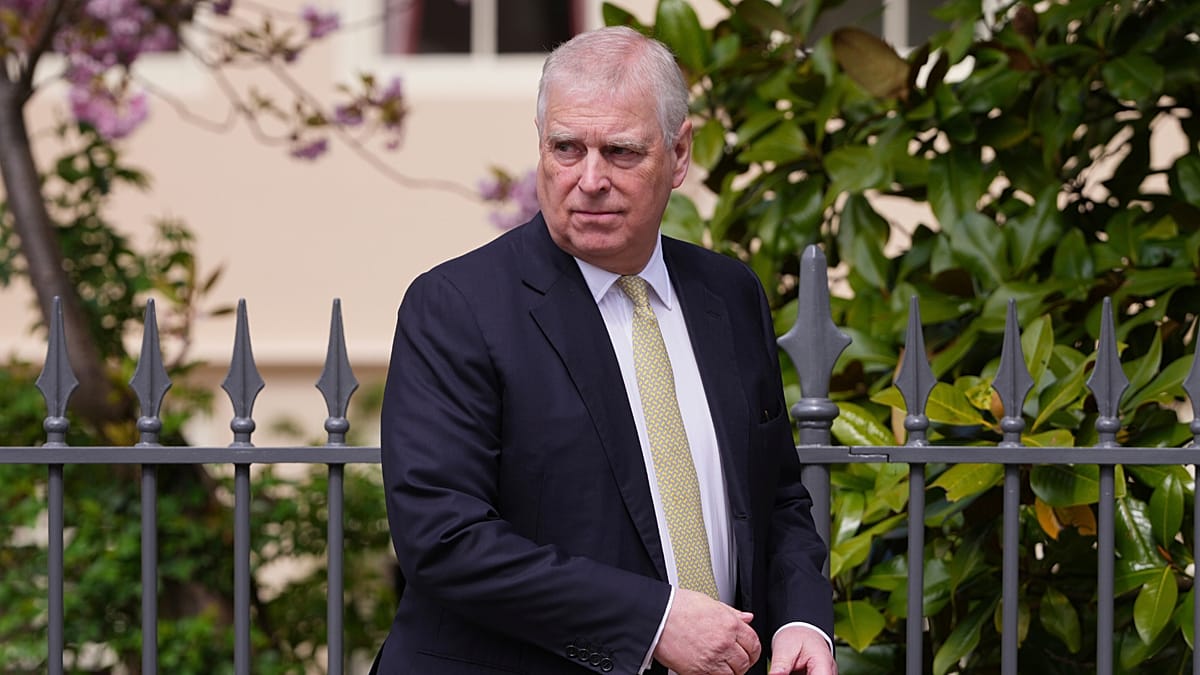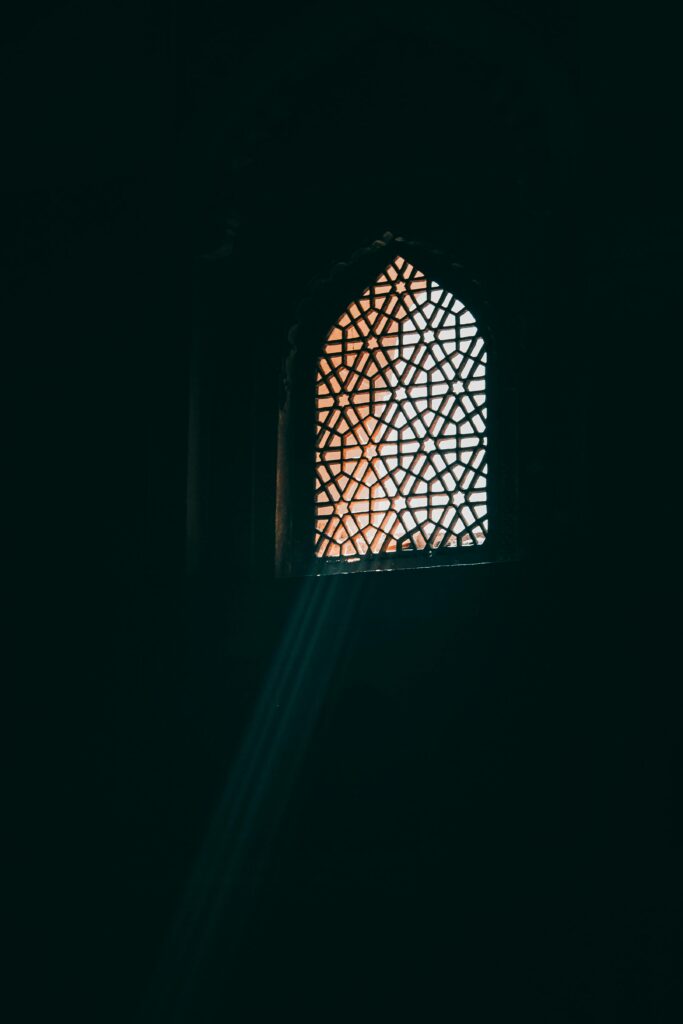The Testament of Ann Lee review: Amanda Seyfried astounds in stirring, religious biopic


From the first musical moments of The Testament of Ann Lee, I was enraptured. Admittedly, I went in knowing nothing of its subject, an 18th-century religious figure who led the Shakers, a sect also known as the "Shaking Quakers" because of the physicality of their worship. However, the opening thrums of music and the graceful yet powerful thrust of bodies in an inexplicable dance number in a dark forest entranced me and made me eager to know more.
From this intriguing opening, The Testament to Ann Lee stretches beyond the bounds of historical drama by embracing the music and movements that define the Shaker religious practice. In that, wonder is born onscreen, reflecting their faith in a God that honors such performance as exaltation.
Written by The Brutalist's screenwriters Mona Fastvold and Brady Corbet, this is a sweeping American tale of love, faith, community, and creativity that is challenging, enchanting, and awe-inspiring.
The Testament of Ann Lee reveals the birth of a religious community in America.
Helmed by Fastvold, The Testament of Ann Lee charts the life of the eponymous religious leader, not only through dramatic scenes of hardship and joy but also through musical numbers that reflect the Shakers' culture.
As a young girl in England, Ann is horrified by her vicious father, in both his prohibiting the speech of his many children, but also in his dominion over his wife's body for his own sexual desires. Still, as a young maiden, Ann (Seyfried) strives to be a good wife to her rugged husband (Christopher Abbott), giving in to his demand for sex despite her own lack of interest. That is, until a series of miscarriages convinces her that chastity, hard work, and song is a better way for her to serve God.
This belief will earn her devoted followers, including her brother William (Thunderbolt*'s Lewis Pullman), the resolute Mary (Thomasin McKenzie), and an American preacher (Tim Blake Nelson). However, as this boundary-pushing woman preaches of God and these tenets from England to New York, she will earn her the ire of her lusty husband and the violent rejection of those unmoved by the Shakers' song.
Amanda Seyfried is a marvel in The Testament of Ann Lee.
Seyfried is no stranger to musicals, but this one is very different from the Broadway adaptations she's starred in before. Forget the bouncy glee of Mamma Mia! or the resounding theatricality of Les Misérables. The motions here feel more akin to modern dance, the song more mantra then belted or cheered.
Limbs of conservatively dressed Shakers shoot forth sharply, pausing in the air as if awaiting a signal or a sign, then plunging in a new direction. Their bodies rise and fall in a rhythm they create through their shared song. In the film's opening, they move through a forest, dancing in unison, throbbing together like one living organism. Through this connection in movement, Fastvold instantly and effectively communicates that this is a community that lives, loves, and suffers together.
This sentiment of union through hardship is bolstered with every successive song-and-dance number. For instance, when Ann endures a series of miscarriages, a song, deep-throated and aching, pulls her through one to the next, the motions of sex, birth, and loss connecting across scenes to create a sense of flow and growing agony. For it's not just her loss. Others' arms embrace her across scenes of conception and birth, expressing a physical connection, but also ones that scar her. Thus, Seyfried is not just the film's center, but the core of its company.
As Ann is resolute in her faith, Seyfried carries a certainty, whether working to construct a colony, the sect's signature chairs, or a better bond with her "children" — meaning her followers, who call her "Mother." Yet certainty doesn't make for stoicism. Seyfried's portrait is awash in jubilation, agony, and earnestness. Her eyes echo this fervor, even in climactic moments of violence. But it's in the song and dance that this role becomes extraordinary. In every motion and note, Seyfried leads the cast as Ann leads her people in the film, resolute and radiant.
Mona Fastvold's vision in The Testament of Ann Lee is rapturous.
Like The Brutalist, The Testament of Ann Lee tackles decades of an immigrant's life in an America that welcomes their labor and violently rejects their culture and autonomy. Set in different eras, the films work together as a timeless and dynamic diptych of this country's melting pot, sometimes warm, often scorching. But beyond America, Fastvold's film sings the song of a woman who fought without raising a fist for the sanctity of community and glory of art.
Choreographer Celia Rowlson-Hall creates movements that feel modern yet don't clash with the period piece's production design. Her dances evoke passion but not sexuality, reflecting Lee's tenets of faith. Alone, one dancer might seem strange — creating some understanding of the suspicion of the neighboring New Yorkers. But joined by the company, they become glorious, a reflection of what wonders our simple mortal figures can manifest, through work and the embrace of our souls.
The music by composer Daniel Blumberg was inspired by Shaker hymns. Their lyrics, deceptively simple and repetitive, draw us in through the rounds. The music around them strange, experimental, yet inviting. Thus, we are welcomed in — not only to their story but to the feeling of their exuberance.
Told in movements, broken up by title cards quoting Bible verses like "The Woman Clothed by the Sun With the Moon Under Her Feet," The Testament of Ann Lee swells and swoons like an orchestra playing an epic opera. Less an investigation into her testament and more a reveling in its passion and resilience, this drama is dynamic and dreamy. It may not make you a believer, but it may well leave you awestruck.
The Testament of Ann Lee was reviewed out of the Toronto International Film Festival.

















































